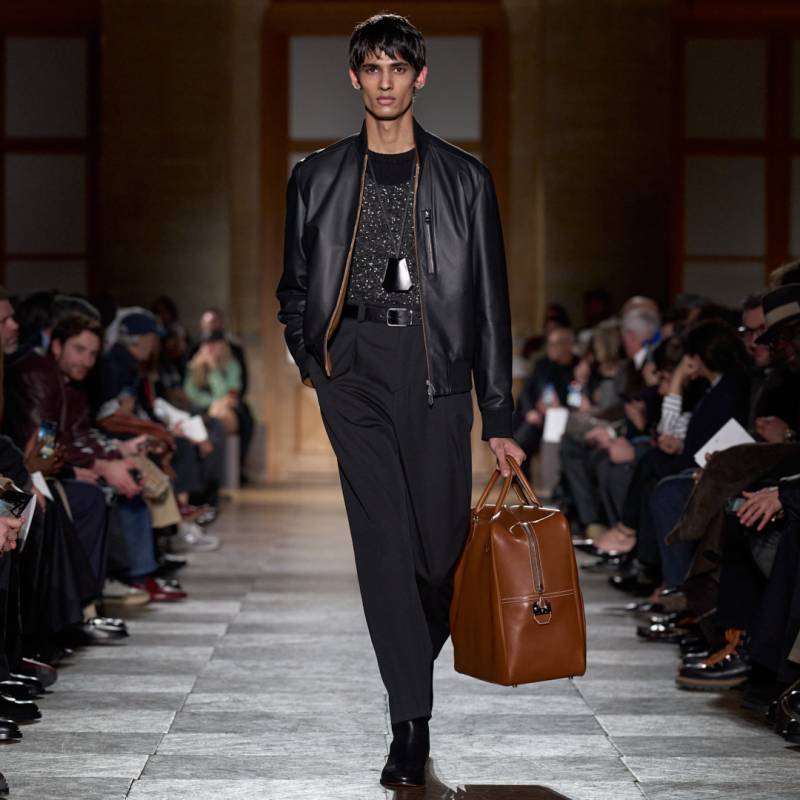In recent years, the frequency of major global artists canceling tours has noticeably increased, often sparking fan disappointment, rampant speculation, and heated discourse online. While official statements usually cite “unforeseen circumstances,” “health concerns,” or “logistical issues,” the real reasons behind these decisions are far more nuanced—and frequently interconnected. This article investigates the core causes behind tour cancellations, drawing from industry insiders, mental health professionals, and economic analysts to uncover the truth behind the headlines. Mental Health and Burnout. Perhaps the most significant and increasingly acknowledged reason artists cancel tours is mental health. While the glamor of global stardom suggests a life of luxury and adoration, the reality often includes grueling schedules, endless travel, and high-pressure performances. The cumulative toll can be severe. In 2022, singer Shawn Mendes postponed and then canceled the remainder of his global tour, citing the need to prioritize his mental well-being. He was not alone. Justin Bieber, Sam Fender, and Arlo Parks have all made similar decisions, emphasizing a broader cultural shift toward mental health transparency." Artists are under enormous pressure to perform night after night, often with little rest and few days off," says Dr. Maria Elston, a clinical psychologist specializing in performance anxiety. "This constant demand can exacerbate existing mental health conditions like anxiety, depression, and substance use disorders."

Physical Health and Injury, it has been recorded that performing live is physically demanding. Touring involves long flights, constant movement, and physically taxing stage shows. Vocal strain, injury, and illness are common among touring musicians. Adele famously postponed her Las Vegas residency in 2022 due to vocal issues and production delays. Lady Gaga’s 2018 tour was disrupted by chronic pain from fibromyalgia, and Ozzy Osbourne’s long-running health issues led to the cancellation of multiple legs of his tours. When artists push through illness or injury, it not only threatens their immediate performance quality but can also result in long-term damage. Many are now choosing to cancel and recuperate rather than risk career-ending consequences. Financial and Logistical Constraints, despite popular belief, not all tours are wildly profitable, especially for mid-level or independent artists. Inflation, fluctuating currency rates, rising production costs, and supply chain issues have made touring more expensive than ever. Even big-name acts are not immune." In some cases, it's more financially sound to cancel than to proceed with a tour that's bleeding money," says Tom Hanley, a veteran tour manager. "Costs for crew, transport, lodging, and insurance have skyrocketed post-COVID." Additionally, logistical complications such as visa delays, political unrest, or global pandemics can derail well-laid plans. The COVID-19 pandemic set a precedent, leading to the cancellation or postponement of thousands of concerts worldwide.
Also, creative Differences and Production Issues. Sometimes, the show simply isn’t ready. Whether due to technological setbacks, disagreements with promoters, or issues with venue contracts, artists may find that the production doesn’t meet their standards. Rihanna’s long-rumored tour comeback has been reportedly delayed multiple times, partly due to the complexity of staging a show that aligns with her evolving artistic vision. Similarly, artists like Frank Ocean have scrapped live appearances because the execution did not meet creative expectations."The audience expects an experience, not just a concert,” says Maya Lin, a tour production consultant. “When the tech, design, or choreography falls short, artists often choose to go back to the drawing board rather than deliver a subpar product."

Related article - Uphorial Sweatshirt

Safety and Security Concerns in today’s geopolitical climate, safety can no longer be assumed. Artists and their teams may cancel shows due to security threats, terrorism risks, or unstable political conditions in host countries. Ariana Grande’s 2017 Manchester concert, which ended in tragedy due to a bombing, reshaped how artists and organizers think about safety. Since then, multiple artists have either canceled or rerouted tours to avoid high-risk areas. Additionally, the rise in stalking and aggressive fan behavior has added another layer of concern. In some instances, artists have withdrawn from planned appearances due to threats or breaches of security protocols. Personal Life Events Behind the stage lights and elaborate costumes, artists are still people, many with families, aging parents, or children. Unexpected personal life events, from divorce to bereavement, can necessitate stepping away from the public eye."Touring leaves very little room for life outside the music," says longtime artist manager Carla Brooks. "When major life changes happen, the right decision is often to cancel.". Changing Industry Norms and Fan Expectations is also a growing movement within the music industry toward prioritizing artist well-being over relentless commercialism. Where once canceling a tour was seen as a career misstep, today it is increasingly accepted—and sometimes even applauded. Fans, particularly younger audiences, are becoming more understanding. Social media has provided artists a direct line to explain their decisions, fostering empathy rather than outrage. A Cultural Shift Toward Compassion, in the global touring landscape, evolves, so too must our understanding of what it means to be an artist in the modern world. While cancellations can be disappointing, they are often a sign that artists are asserting boundaries, protecting their health, and ensuring longevity in an industry that has long valued productivity over well-being. The conversation around tour cancellations is changing—from one of blame to one of balance. And that may be the most important encore of all.
Uphorial.



